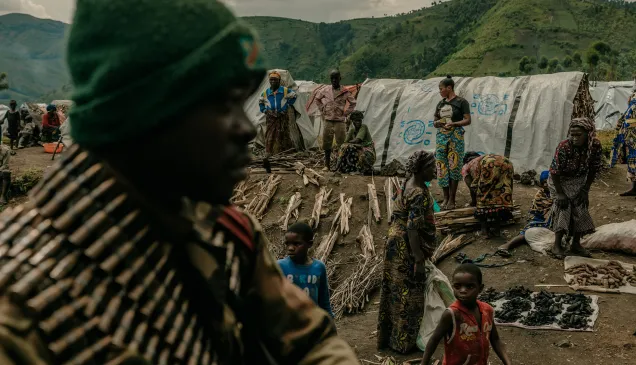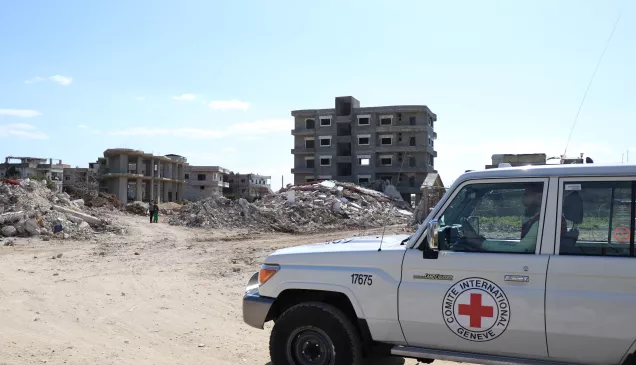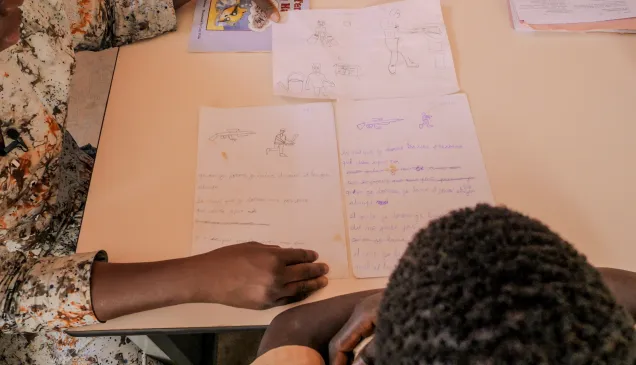Cox's Bazar: Planting seeds for the future
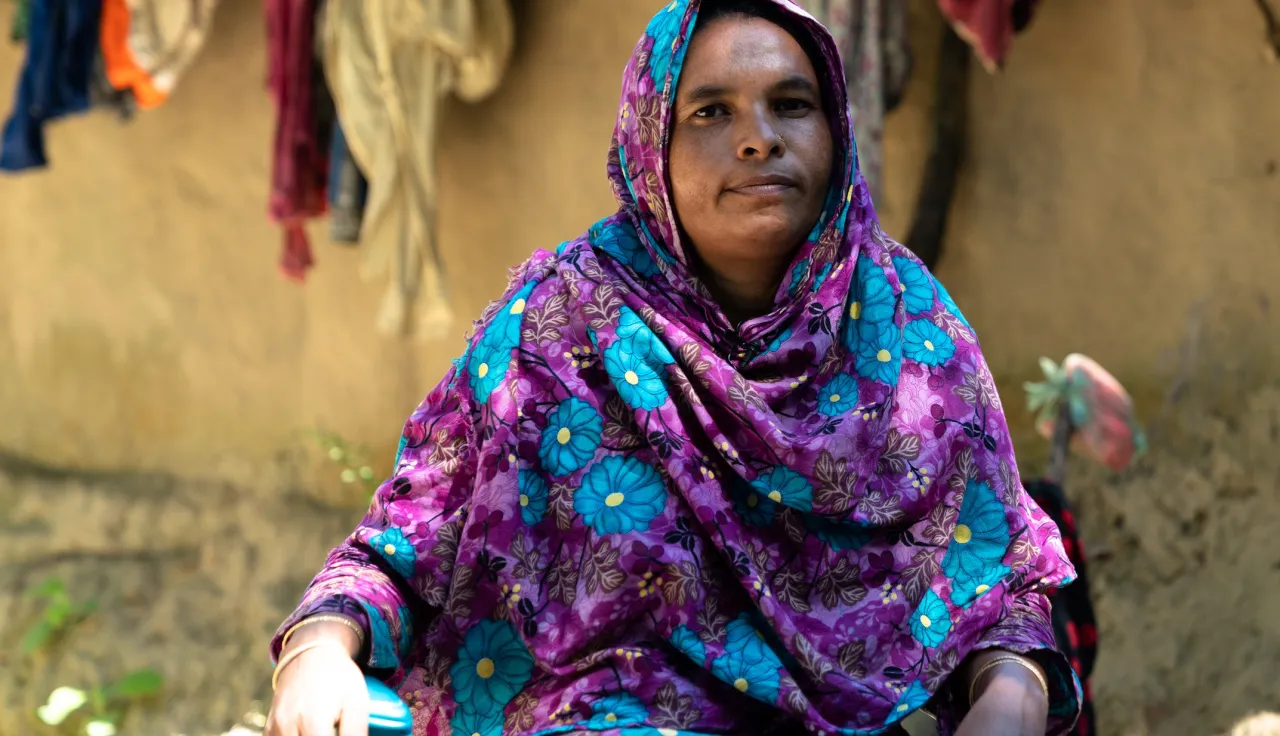
It is a bright summer morning in the southern part of Cox's Bazar in Bangladesh. Momtaz Begum, a single mother of six children, is out in the field tending her farm along with her eldest son. Back home, her only daughter Julekha prepares breakfast for the family before heading to college.
But things were different five years ago when Momtaz's husband was still alive, she says. Left with no choice but to be strong, she quickly picked up from where her husband had left off. Her day begins with harvesting vegetables sown by her husband in the fields and ends with collecting firewood from the forest to support the family.
It is not an easy life, especially during the summer and monsoon seasons.
"I sometimes struggle to sell all the crops due to extreme weather conditions. Irrigating the farm remains a big challenge since the nearby stream is contaminated with wastewater from a camp where displaced people from Rakhine have settled," Momtaz shares.
Having learnt about the microeconomic initiative during a meeting organized by the Bangladesh Red Crescent Society (BDRCS) and the ICRC, Momtaz applied for a grant. After the details were reviewed, she received a conditional grant that is provided to host families affected by the influx of displaced people from Rakhine. Having invested the money to improve things in the field, she uses the profit from selling harvested corn and radish to meet the needs of the family and support her children's education. With the additional profit, the family has also bought a cow.
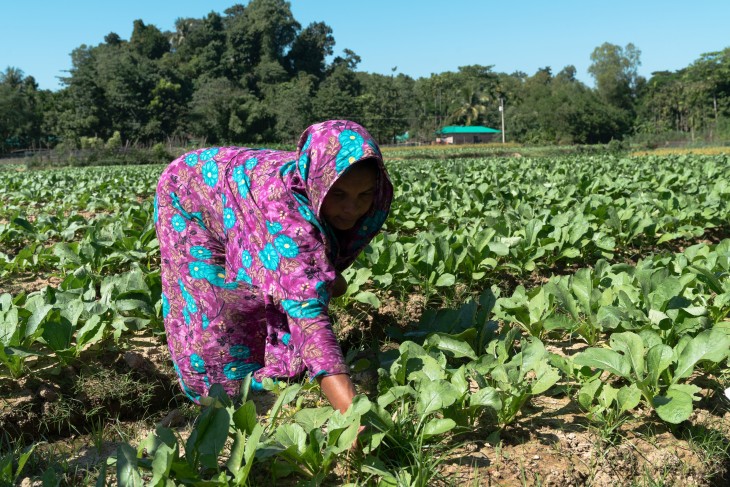
For Momtaz, just the hope that her six children will have a better future is motivation enough to work hard. Proud of her daughter Julekha, who is expected to graduate this year from Ukhiya College, Momtaz hopes that her five sons would soon return to school and build a better tomorrow.
Momtaz is one of the 890 people who received a cash grant in 2019 through the microeconomic initiatives implemented by the BDRCS and the ICRC in Cox's Bazar. The ICRC continues to provide assistance and protection to both displaced people from Rakhine as well as Bangladeshi households affected by the influx.
Read more: She inspires: Stories from the Asia-Pacific on International Women's Day 2020

